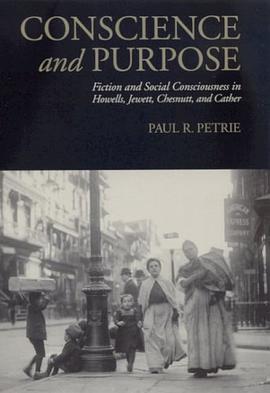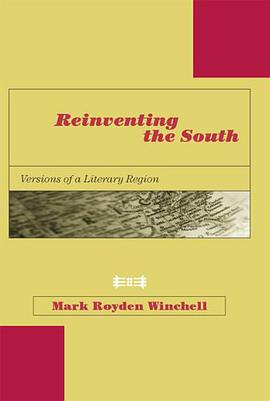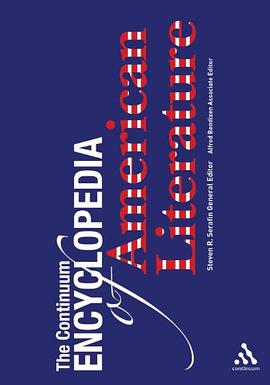

具体描述
Explores literature's social mission at the turn of the century as defined by William Dean Howells and practiced by him and others.In a series of influential essays that appeared in "Harper's," W. D. Howells argued for literature as a vehicle for social change. Literature could and should, Howells suggested, mediate across divisions of class and region, fostering cross-cultural sympathies that would lead to comprehensive social and ethical reform. Paul R. Petrie explores the legacy of Howells's beliefs as they manifest themselves in Howell's fiction and in the works of three major American writers--Charles W. Chesnutt, Sarah Orne Jewett, and Willa Cather. Each author struggled to adapt Howells's social-ethical agenda for literature to his or her own aesthetic goals and to alternative conceptions of literary purpose. Jewett not only embraced Howells's sense of social mission but also extended it by documenting commonplace cultural realities in a language and vision that was spiritual and transcendent. Chesnutt sought to improve relations between Anglo readers and African Americans, but his work, such as "The Conjure Woman," also questions literature's ability to repair those divides. Finally, Petrie shows how Cather, as she shifted from journalism to fiction, freed herself from Howells's influence. "Alexander's Bridge" (1912) and "O Pioneers " (1913) both make reference to social and material realities but only as groundwork for character portrayals that are mythic and heroic. The result of Petrie's exploration is a refreshing reassessment of Howells's legacy and its impact on American literature and social history at the turn of the century. Paul R. Petrie is Associate Professor of English at Southern Connecticut State University where he has taught American Literature since 1998.
作者简介
目录信息
读后感
评分
评分
评分
评分
用户评价
相关图书
本站所有内容均为互联网搜索引擎提供的公开搜索信息,本站不存储任何数据与内容,任何内容与数据均与本站无关,如有需要请联系相关搜索引擎包括但不限于百度,google,bing,sogou 等
© 2026 book.wenda123.org All Rights Reserved. 图书目录大全 版权所有




















